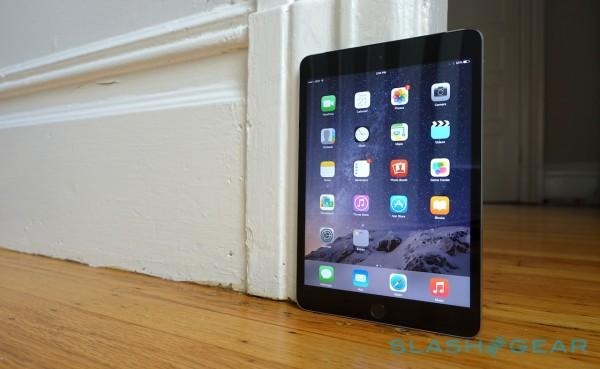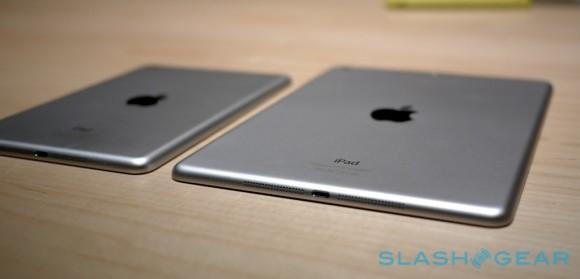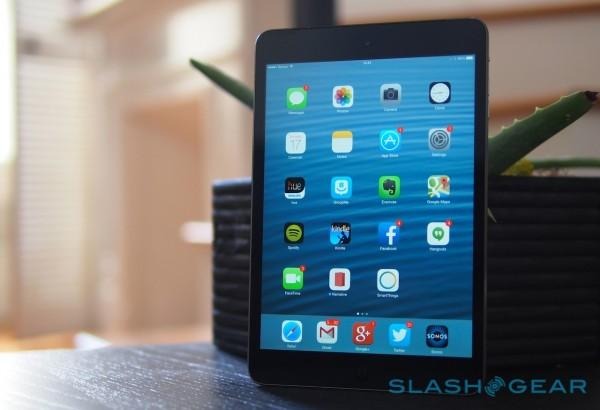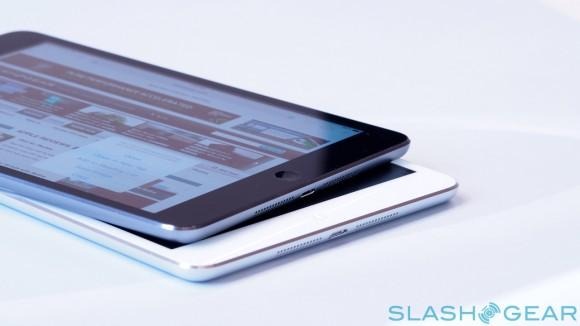Is iPad Innovation Dead?
Earlier today, something caught my attention. In a report on why the iPad might see a sales dip in 2015, an analyst cleverly shouldered Developers with blame for the iPad's decline. Specifically, he claimed there weren't enough good apps to compel potential customers to want an iPad. Is that true? Is the iPad in decline because Developers don't create solid iPad experiences? Apple has created new foundations for iOS development, but are things like Metal and Swift proactive, or reactive? The answer: it's complicated.
The evidence iPad is dying away
The quick and easy answer is that slow sales, stale movement, or declining shipments all spell doom. You'll read it a lot, and in some instances, it's true. With iPad, though — it doesn't always jibe.
Quarter after quarter, the same narrative exists: iPad sales are slowing, and Apple is in big trouble with their biggest devices. And, quarter after quarter, Tim Cook says he's happy with the customer satisfaction people report with their iPad. Some take what Cook says as gentle platitudes about a dying lineup. I think he's just being honest.
The larger iPhones also don't spell hand-holding between devices for iOS. A 5.5-inch iPhone might edge some users away from tablets, especially the iPad mini. The iPhone did the same to the iPod, and that's still around. In fact, I look for it to have a resurgence with the Apple TV, but that's another discussion for another day.
Apple's iterative update to the iPad mini last Fall didn't encourage anyone to think the device was loved by Apple, either. By and large, it got TouchID and a price hike. The iPad Air got several upgrades, further complicating what Apple is doing with their tablet lineup. Do they still care about the mini, or...?

Why iPad is alive and well
Here's something you probably know: Apple is exceedingly good at forecasting. These big, new iPhones were not a whim; this was all years in the making. To that, we can safely assume Apple understood the effect larger iPhones would have on the iPad, and what that might mean for shipments and sales.
Tim Cook is a big fan of the iPad, too. He says he does about 80% of his work on one. There's a partnership with IBM in place that suggests as much, and features like Continuity and Handoff that only make an iPad more useful.
Productivity is better on the desktop, sure, but it's also better with more screen real-estate. Apps like Duet make your iPad a second screen, and little device like Mountie make the iPad a must-have when traveling. If you need to get a lot done on the go, it's hard to argue against a better tandem than Duet and Mountie for your other tandem, the iPad and MacBook.

Showing up and stepping up
Apple loves to talk-up what is capable with the iPad. You get commercials about how people are using the iPad to spark a movement in Detroit, or App Store pages dedicated to software that is awesome on the iPad. There's good reason for that — those tools are awesome.
Still, iPad is an experience that is unlike the iPhone, and you can't just blow up an iPhone app and make it work for the iPad. In Xcode, where iOS apps are born, you're usually forced to pick a fork in the road for a reason: the iPad is not the iPhone. It's not a bigger iPhone screen, and is not treated as such.
That leads to missing or semi-lame software for the iPad. Instagram, for instance, has no official iPad app. Twitter's official app is a larger version of the iPhone app (not blown up, just upscaled). That's a good one-two of missing and missing out — Instagram could show up, while Twitter should step up.
Foursquare recently made a concentrated effort for the iPad, and it turned out pretty great. Other apps, like Trello, seem like they belong on an iPad more than the iPhone, even though it's available for both.

Good apps make it
Something you hear often is that the App Store pays out (insert dollar amount here) to Developers. Then you hear some Developer complain that their apps didn't do well, and they don't understand where this money is going.
Cream rises.
Monument Valley didn't mushroom-cloud because it was just another pretty app. It detonated because it was clever, gorgeous, challenging, and endearing. Another terrible messaging app doesn't accomplish that. Neither does jumping on the "Yo" bandwagon. I saw that code on Github, too. You're not clever.
The problem is with software, but not a lack of good software as our analyst friend claims. The problem is a proliferation of bad software, for both iPad and iPhone, caused by the boom in sales. Everyone wanted their piece of the App Store pie, but wanted to get it the easy way.
If I want an email app, I want a good email app that offers something unique that the Developer has run through some TestFlight beta testers, not a new layout. Email is email, messaging is messaging, and editing photos isn't just filters.

The answer
The iPad is seeing a reimagining, and I don't mean hardware. Apple is going to improve on the hardware each year, and whatever they do, we'll either love it or hate it. It's going to be too thin, not thin enough, or we'll shrug our shoulders. We might even flip all the way out. Who knows.
This "reimagining" I'm talking about has to do with what we're actually doing with the iPad. Your iPad experience isn't the same exposure you have with the iPhone, and your app purchases and downloads will reflect that. Developers will react to that, too.
Metal will make gaming on the iPad phenomenal, and Swift will make developing good apps much easier. Developers considering iPad apps will have to come to the App Store with something special. Just getting an app in the App Store will no longer cut it in 2015. When the customer base is smaller, it's also dedicated.
So is iPad innovation dead? No. Not even close. Shipments and sales may decline, but if so, poor apps will follow. What you'll be left with is a distilled version of the productivity and promise we have been sold on, replete with awesome games and apps that make sense for the iPad. All of this will be developed quickly, by Developers with a better understanding of what you're actually doing with your iPad.
Which, evidently, isn't Instagram.
